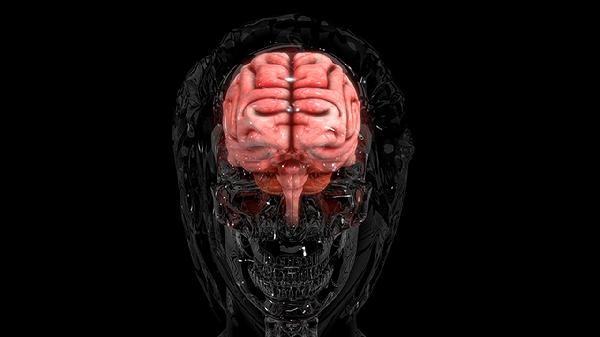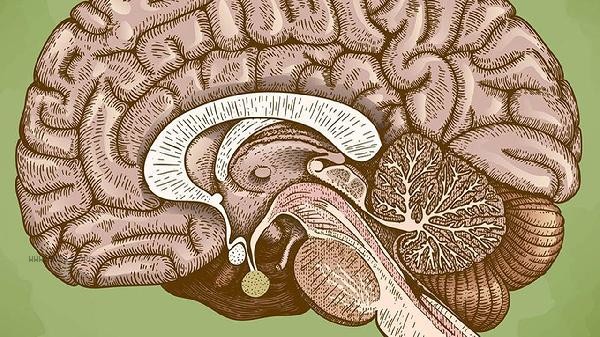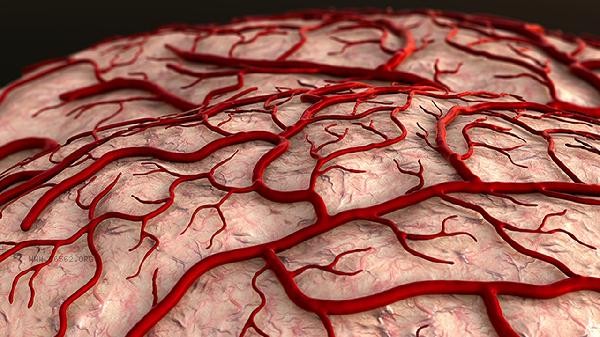Sudden transient amnesia in the brain may be caused by transient ischemic attacks, hypoglycemia, migraine precursors, epileptic seizures, or psychological factors. It can be restored through improving lifestyle habits, medication treatment, and psychological intervention. Transient amnesia typically manifests as a few seconds of memory loss, which is mostly reversible, but potential disease risks need to be monitored.

1. Transient ischemic attack
Transient cerebral vascular insufficiency may lead to transient impairment of brain function, manifested as sudden amnesia accompanied by vague speech or limb weakness. This type of situation requires controlling underlying diseases such as hypertension and hyperlipidemia, and avoiding smoking and alcohol abuse. Doctors may recommend taking antiplatelet drugs such as aspirin enteric coated tablets and clopidogrel bisulfate tablets, and in severe cases, vascular imaging evaluation may be necessary.
II. Hypoglycemic Reaction
When blood sugar levels sharply decrease, insufficient energy supply to brain cells can cause transient confusion of consciousness. It is commonly seen in patients with diabetes who have overdosed drugs or haven't eaten for a long time. Eating sugary foods immediately can alleviate symptoms. It is necessary to monitor blood sugar regularly and carry glucose tablets for future use. Doctors may adjust the dosage of hypoglycemic drugs such as insulin or glimepiride.
3. Migraine aura
Some migraine patients may experience visual abnormalities or transient memory loss before the onset of headache, which is related to cortical diffusion inhibition. Maintaining a regular daily routine and avoiding strong light stimulation can help prevent symptoms. In the acute phase, medication such as ibuprofen sustained-release capsules and zolpidem tablets can be used according to medical advice to alleviate symptoms.

Fourth, epileptic seizures
Temporal lobe epilepsy may cause amnesia seizures lasting from seconds to minutes, often accompanied by unconscious movements. EEG examination can provide a clear diagnosis, and long-term use of antiepileptic drugs such as sodium valproate sustained-release tablets and levetiracetam tablets is required to control seizures. Avoid triggering factors such as staying up late and drinking alcohol, and prevent falls and injuries during attacks.
V. Psychological Factors
Acute stress reactions or dissociative disorders may lead to psychogenic amnesia, which is often associated with significant emotional stimuli. Psychological counseling and cognitive-behavioral therapy are the main intervention methods, and short-term use of anti anxiety drugs such as paroxetine and sertraline may be necessary. Establishing a stable social support system can help alleviate symptoms.

Adequate sleep and moderate exercise should be maintained in daily life to avoid excessive fatigue and emotional fluctuations. Adding foods rich in omega-3 fatty acids such as deep-sea fish and nuts to the diet can help maintain the health of brain cells. If memory loss occurs frequently or is accompanied by other neurological symptoms, timely head CT or carotid ultrasound examination should be performed. Record the duration, triggers, and accompanying symptoms of each episode to provide reference for doctors' diagnosis. For middle-aged and elderly populations, regular monitoring of blood pressure, blood glucose, and blood lipid levels can reduce the risk of cerebrovascular disease.








Comments (0)
Leave a Comment
No comments yet
Be the first to share your thoughts!